Home>Home Maintenance>How Much Does A Home Inspection Cost In Virginia
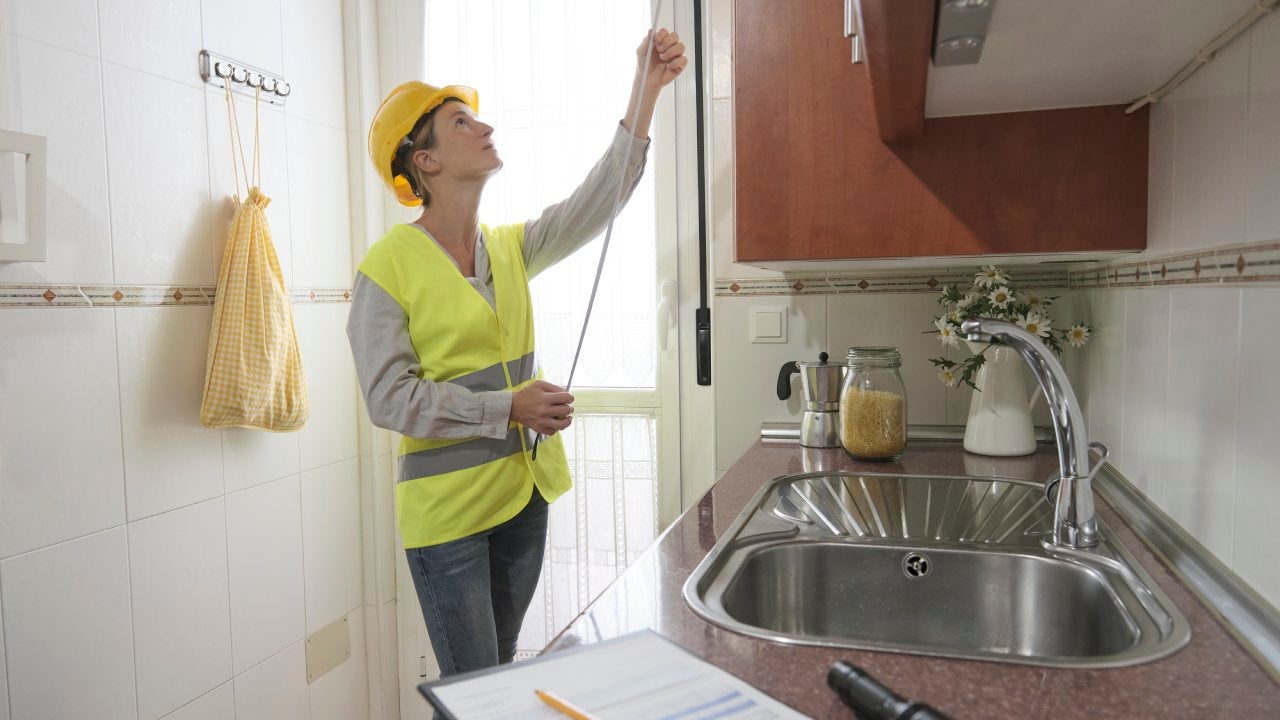

Home Maintenance
How Much Does A Home Inspection Cost In Virginia
Modified: March 24, 2024
Find out the average cost of home inspections in Virginia. Make informed decisions about your home maintenance with this essential guide.
(Many of the links in this article redirect to a specific reviewed product. Your purchase of these products through affiliate links helps to generate commission for Storables.com, at no extra cost. Learn more)
Introduction
Buying a home is a significant investment, and it’s crucial to ensure that you are making a wise decision. That’s where a home inspection comes in. A home inspection is a thorough examination of the structure, systems, and components of a property, conducted by a professional inspector. It provides you with valuable information about the condition of the home, helping you make an informed decision.
But before scheduling a home inspection, one question that often comes to mind is, “How much does a home inspection cost in Virginia?” The cost of a home inspection can vary depending on several factors. In this article, we will explore the various factors that affect home inspection costs and provide you with an average cost estimate for home inspections in Virginia.
Understanding the factors that influence home inspection costs can help you budget accordingly and avoid any surprises along the way. Let’s dive into them now.
Key Takeaways:
- Don’t overlook the value of a home inspection in Virginia, which typically costs $300 to $500. Choose a qualified inspector based on expertise, not just price, to avoid future headaches.
- When budgeting for a home inspection in Virginia, consider potential additional costs for specialized inspections, repairs, re-inspections, and testing. Investing in a thorough inspection is a small price to pay for peace of mind.
Read more: How Much Does Sunroof Repair Cost
Factors Affecting Home Inspection Costs
Several factors can influence the cost of a home inspection in Virginia. Being aware of these factors can help you understand why prices may vary and allow you to make an informed decision when choosing a home inspector. Here are the main factors to consider:
- Size of the Property: The size of the property is a significant factor in determining the cost of a home inspection. Larger homes typically require more time and effort to inspect thoroughly, which can result in higher inspection fees.
- Age of the Home: The age of the home can also impact the inspection cost. Older homes often have more complex systems and may require additional time and expertise to assess their condition properly.
- Location: The location of the property plays a role in pricing as well. Home inspection costs in urban areas tend to be higher due to higher operating costs and increased demand.
- Additional Features: If the property has additional features, such as swimming pools, spas, or outbuildings, the inspector may charge extra for inspecting these items. These features require specialized knowledge and may extend the overall inspection time.
- Expertise and Qualifications of the Inspector: The experience and qualifications of the home inspector can also affect the cost. Inspectors with more certifications, accreditations, and years of experience may charge higher fees for their services.
- Scope of the Inspection: The level of detail included in the inspection can vary. Some inspectors offer basic inspections, while others provide more comprehensive reports. Keep in mind that a more thorough inspection may come with a higher price tag.
It’s important to note that while price is an essential consideration, the quality and thoroughness of the inspection should be your top priority. Choosing the cheapest inspector without considering their qualifications and experience could lead to overlooking critical issues in the home.
Now that we have a better understanding of the factors that affect home inspection costs, let’s explore the average cost of home inspections in Virginia.
Average Cost of Home Inspections in Virginia
The average cost of a home inspection in Virginia typically ranges from $300 to $500. However, it’s important to remember that this is just an estimate, and prices can vary depending on the factors mentioned earlier. Some properties, such as larger or older homes, may incur additional charges.
When comparing prices from different home inspectors, it’s crucial to consider what’s included in the inspection package. Some inspectors may offer a basic inspection that covers the essentials, while others may provide more comprehensive services that include additional tests or evaluations.
For example, a standard home inspection will typically cover the main components of a property, including the foundation, roof, electrical system, plumbing system, HVAC system, and more. However, other specialized inspections, such as mold testing, radon testing, or termite inspections, may come at an additional cost.
It’s recommended to ask for a detailed breakdown of what is included in the inspection and any additional costs for specialized services. This way, you can make an informed decision and select the inspection package that best suits your needs.
Keep in mind that while home inspection costs may seem like an extra expense, they can potentially save you a significant amount of money in the long run. Uncovering hidden issues or potential problems early on allows you to negotiate repairs or reconsider your purchase decision before it’s too late.
Now that we have discussed the average cost of home inspections in Virginia, let’s explore some additional costs you should consider.
When budgeting for a home inspection in Virginia, consider that the average cost ranges from $300 to $500. Factors like the size and age of the home can affect the final price. It’s important to get quotes from multiple inspectors to find the best value for your money.
Additional Costs to Consider
While the cost of the home inspection itself is an essential consideration, there are a few additional costs that you should keep in mind when budgeting for a home inspection in Virginia. These additional costs may vary depending on your specific needs and the condition of the property:
- Specialized Inspections: As mentioned earlier, certain inspections, such as mold testing, radon testing, or termite inspections, may be necessary depending on the property’s location and other factors. These specialized inspections often come with an additional cost, so it’s essential to inquire about them upfront.
- Repairs or Remediation: If the home inspection reveals any major issues or concerns, you may need to factor in the cost of repairs or necessary remediation work. This can range from minor repairs to more significant renovations, depending on the severity of the issues detected.
- Re-inspection Fees: In some cases, the home inspector may recommend a re-inspection to verify that the necessary repairs or remediation work has been completed. Re-inspections typically come with an additional fee, so it’s important to understand this potential cost beforehand.
- Additional Testing: Depending on the inspection findings or specific concerns you may have, you may opt for additional testing, such as water quality testing, lead testing, or asbestos testing. These additional tests can help provide a more comprehensive understanding of the property’s condition but may incur separate costs.
- Consultation Fees: If you require additional consultations or expert advice beyond the initial home inspection, there may be consultation fees involved. This can include seeking guidance from specialists like structural engineers or architects.
It’s important to consider these potential additional costs when budgeting for a home inspection. While not all may be necessary in every case, being prepared for these possibilities will help you avoid any financial surprises along the way.
Now that we have explored the additional costs to consider, let’s move on to some tips for choosing a home inspector in Virginia.
Tips for Choosing a Home Inspector
Choosing the right home inspector is crucial to ensure a thorough and accurate assessment of the property. Here are some key tips to consider when selecting a home inspector in Virginia:
- Check for Proper Licensing and Certifications: Ensure that the home inspector you choose is properly licensed and certified. Look for certifications such as the American Society of Home Inspectors (ASHI) or the International Association of Certified Home Inspectors (InterNACHI). These certifications demonstrate that the inspector has met certain professional standards.
- Experience and Expertise: Consider the experience and expertise of the home inspector. It’s advantageous to choose an inspector who has years of experience in the industry and specialized knowledge of the type of property you are purchasing.
- Ask for Sample Reports: Request sample reports from potential home inspectors. A well-prepared and detailed report is essential in understanding the condition of the property. Look for reports that are easy to comprehend, include clear explanations, and provide supporting photographic evidence.
- Read Reviews and Seek Recommendations: Read reviews and testimonials from previous clients to get an idea of the inspector’s reputation and quality of service. Additionally, consider seeking recommendations from friends, family, or real estate professionals who have had positive experiences with home inspectors.
- Ensure Full Inspection Coverage: Inquire about what the home inspection covers and ensure that all essential components of the property are included in the inspection process. This will ensure a comprehensive assessment of the property’s condition.
- Availability and Turnaround Time: Check the availability of the home inspector and inquire about their turnaround time for delivering the inspection report. Timeliness is crucial, especially if you have a tight timeline for closing the purchase.
- Ask About Insurance: Verify that the home inspector carries errors and omissions (E&O) insurance. This insurance provides you with protection in case there are any errors or omissions in their inspection report.
- Consider Communication and Approachability: Choose a home inspector who is approachable and willing to answer your questions. Good communication and a willingness to explain the inspection findings in detail can help you understand the report better.
By following these tips, you can better navigate the process of selecting a reliable and qualified home inspector in Virginia.
Now that we have discussed tips for choosing a home inspector, let’s conclude our article.
Read more: How Much Does Zipper Repair Cost
Conclusion
When it comes to buying a home, a thorough home inspection is an essential step in ensuring your investment is sound. While the cost of a home inspection in Virginia can vary based on several factors, such as the size and age of the property, it is important to consider the value you will receive in return.
On average, home inspections in Virginia range from $300 to $500. However, it’s crucial to select a qualified and experienced home inspector who can provide a comprehensive assessment of the property. Remember, the price should not be the sole determining factor when choosing an inspector. Consider their credentials, reputation, and the level of detail they provide in their inspection reports.
In addition to the cost of a home inspection, it’s important to budget for potential additional costs. This can include specialized inspections, any necessary repairs or remediation, re-inspection fees, and additional testing if needed. By being prepared for these potential costs, you can avoid financial surprises down the line.
When selecting a home inspector, take the time to research and consider their licensing, certifications, experience, and customer reviews. Request sample reports to ensure they provide detailed and comprehensive assessments of the property. Additionally, choose an inspector who communicates effectively and is approachable, as this will help you understand the inspection findings better.
Investing in a home inspection is a wise decision that can save you from future headaches and unforeseen expenses. It provides you with the peace of mind that comes with knowing the true condition of the property before making a final purchase decision.
So, when you’re ready to make one of the biggest investments of your life, don’t skip on the home inspection. It’s a small price to pay for the invaluable knowledge and confidence it provides.
Now armed with the knowledge of the average home inspection costs, factors that affect those costs, additional expenses to consider, and tips for choosing a home inspector, you can confidently approach the home buying process in Virginia.
Remember, a comprehensive home inspection is an investment in your future, ensuring that your dream home is not only visually appealing but also structurally sound.
Frequently Asked Questions about How Much Does A Home Inspection Cost In Virginia
Was this page helpful?
At Storables.com, we guarantee accurate and reliable information. Our content, validated by Expert Board Contributors, is crafted following stringent Editorial Policies. We're committed to providing you with well-researched, expert-backed insights for all your informational needs.
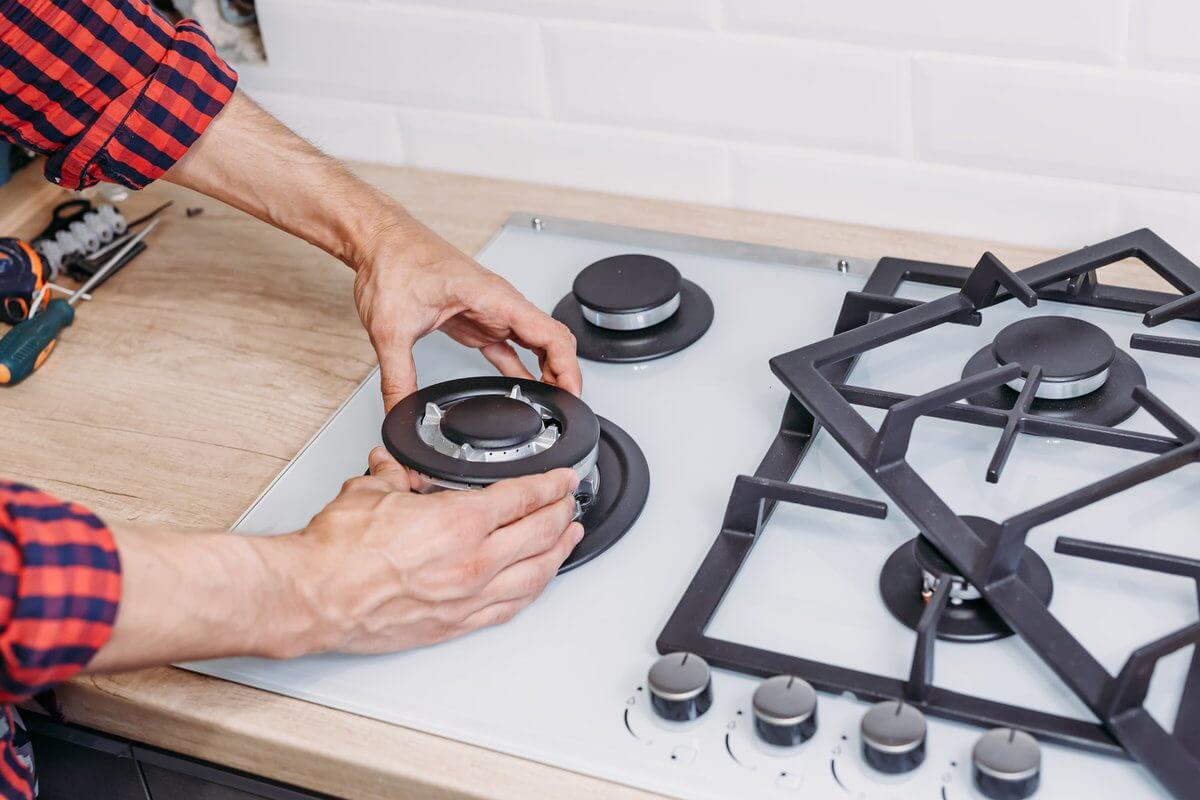
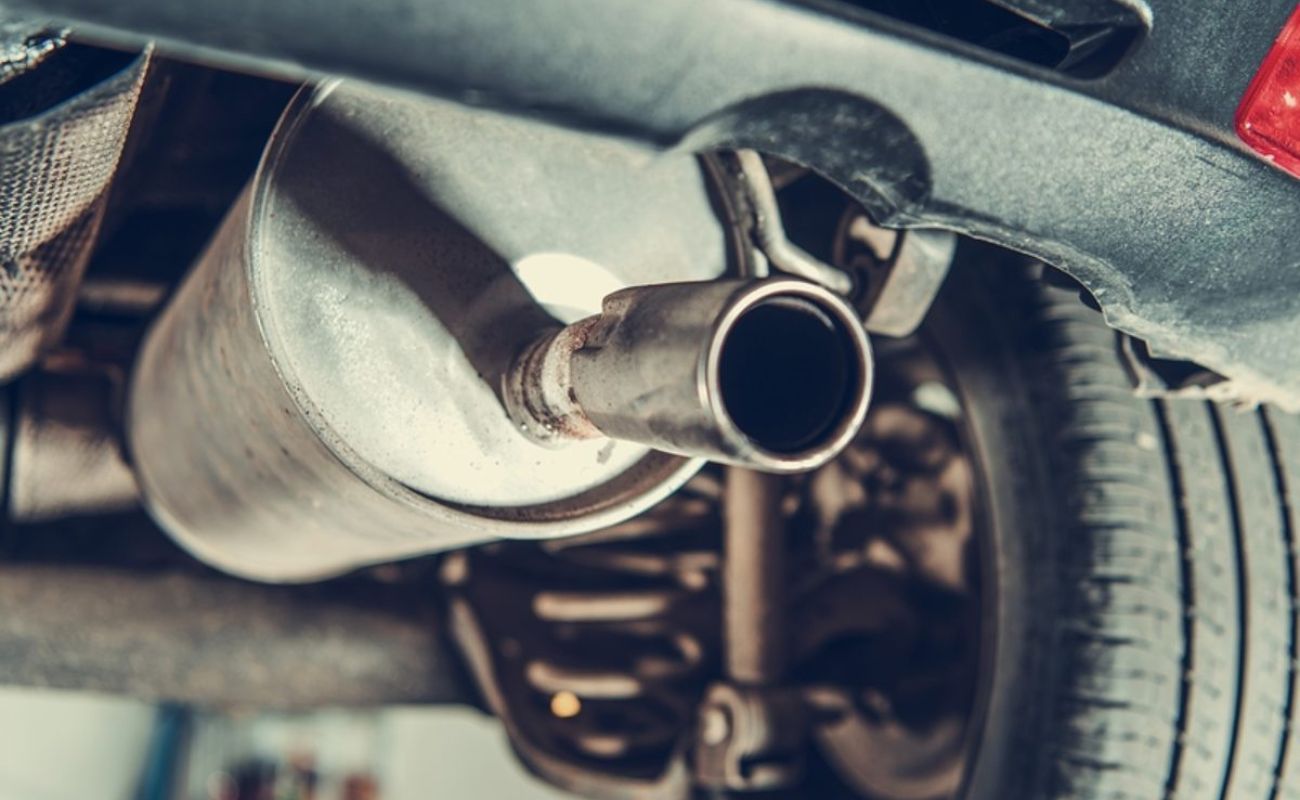
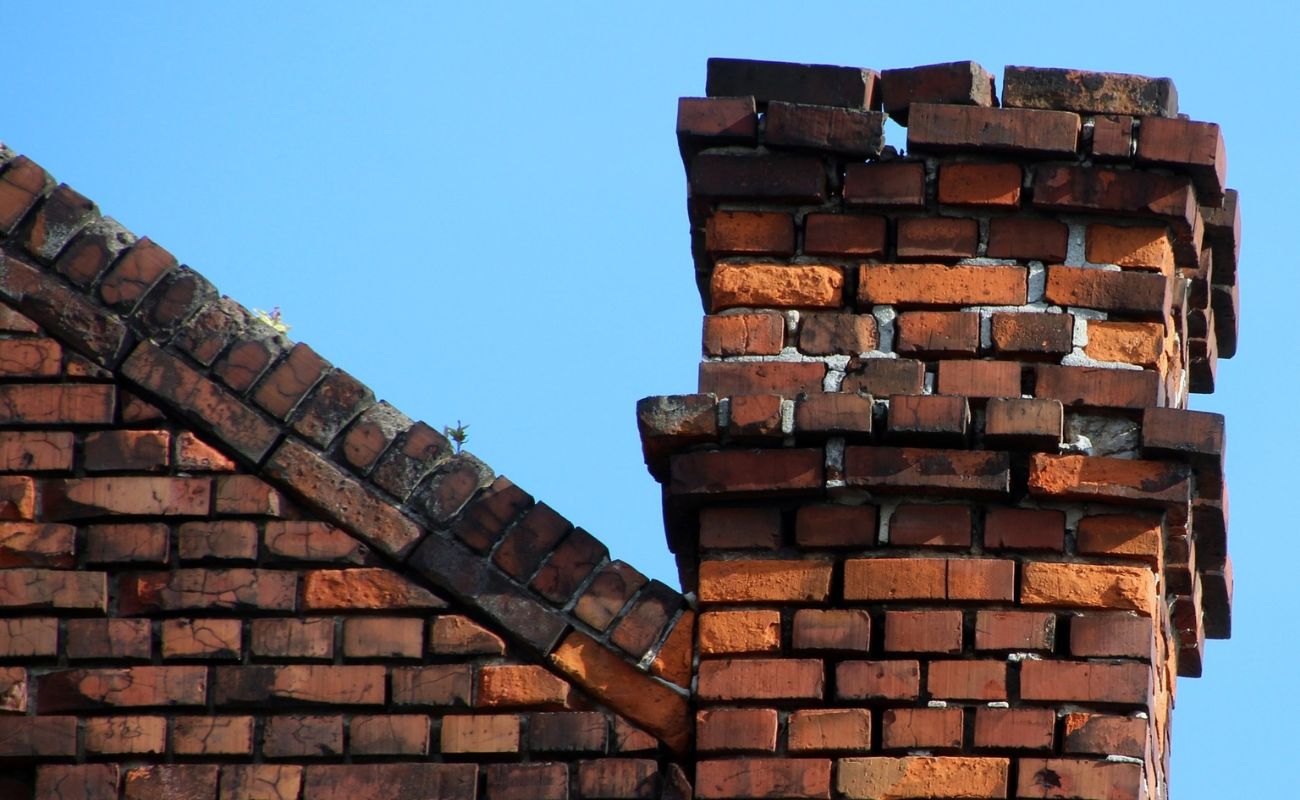
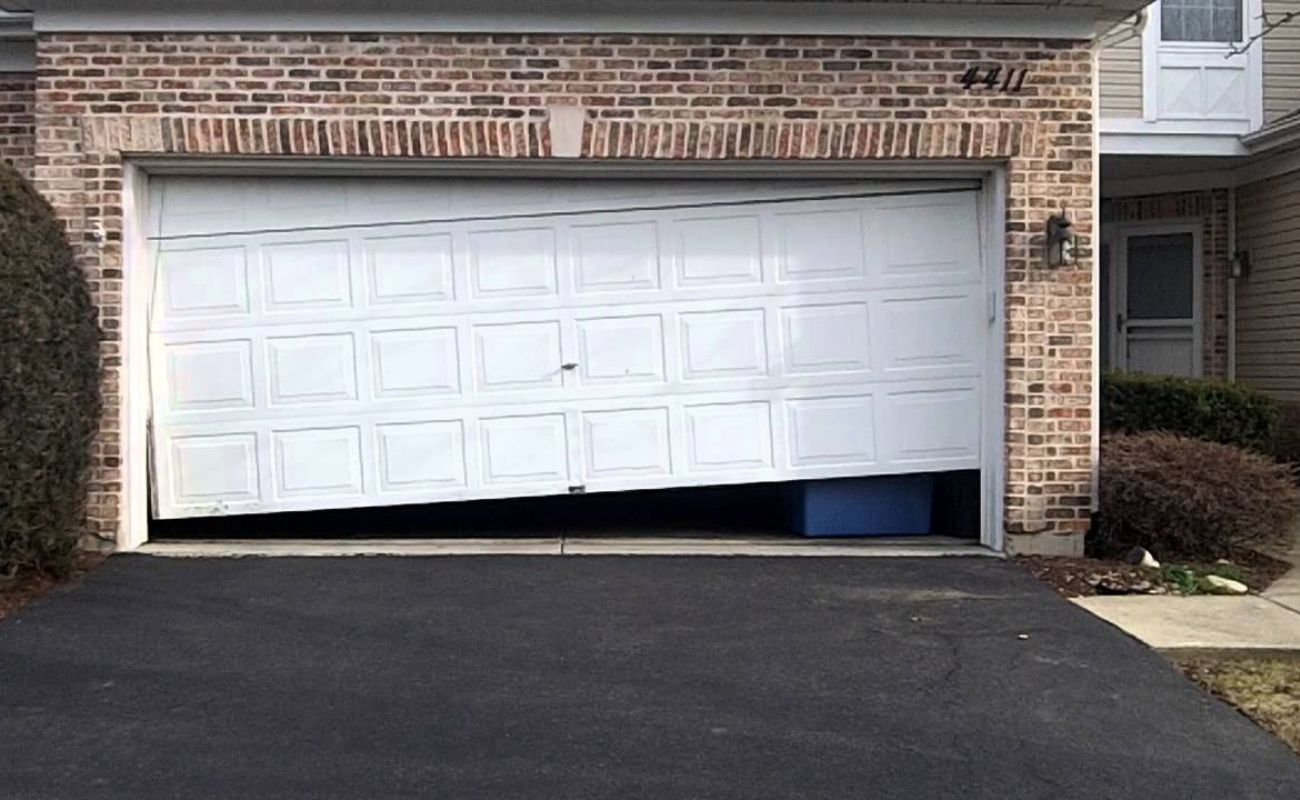
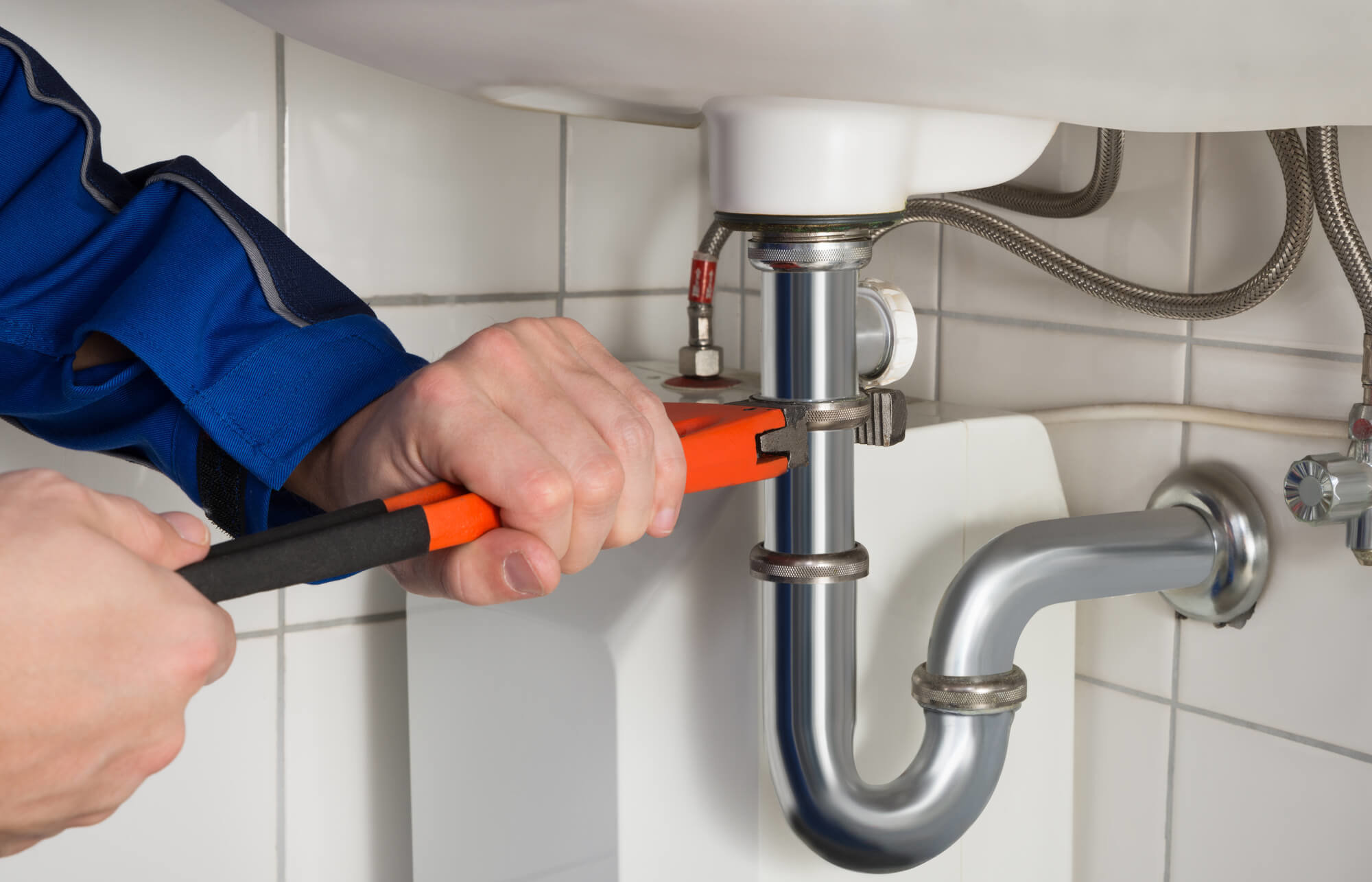
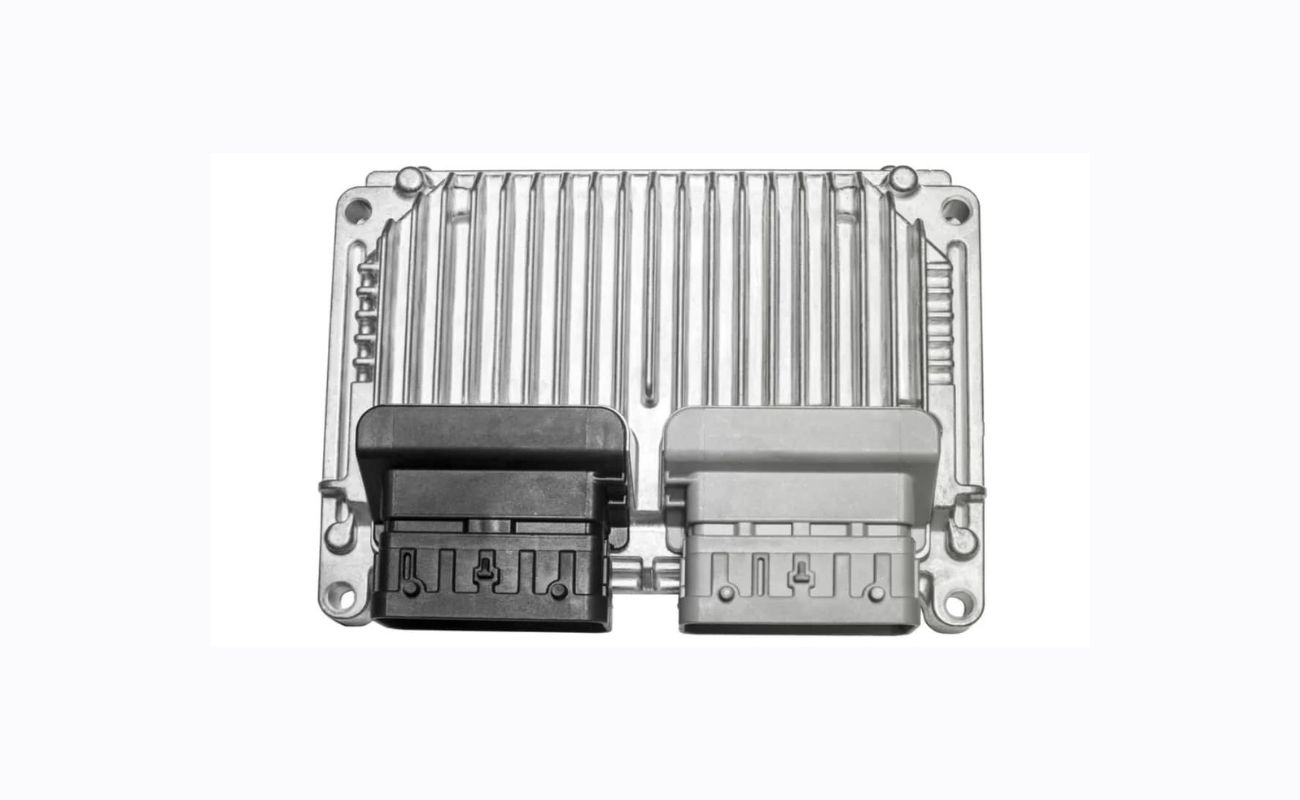
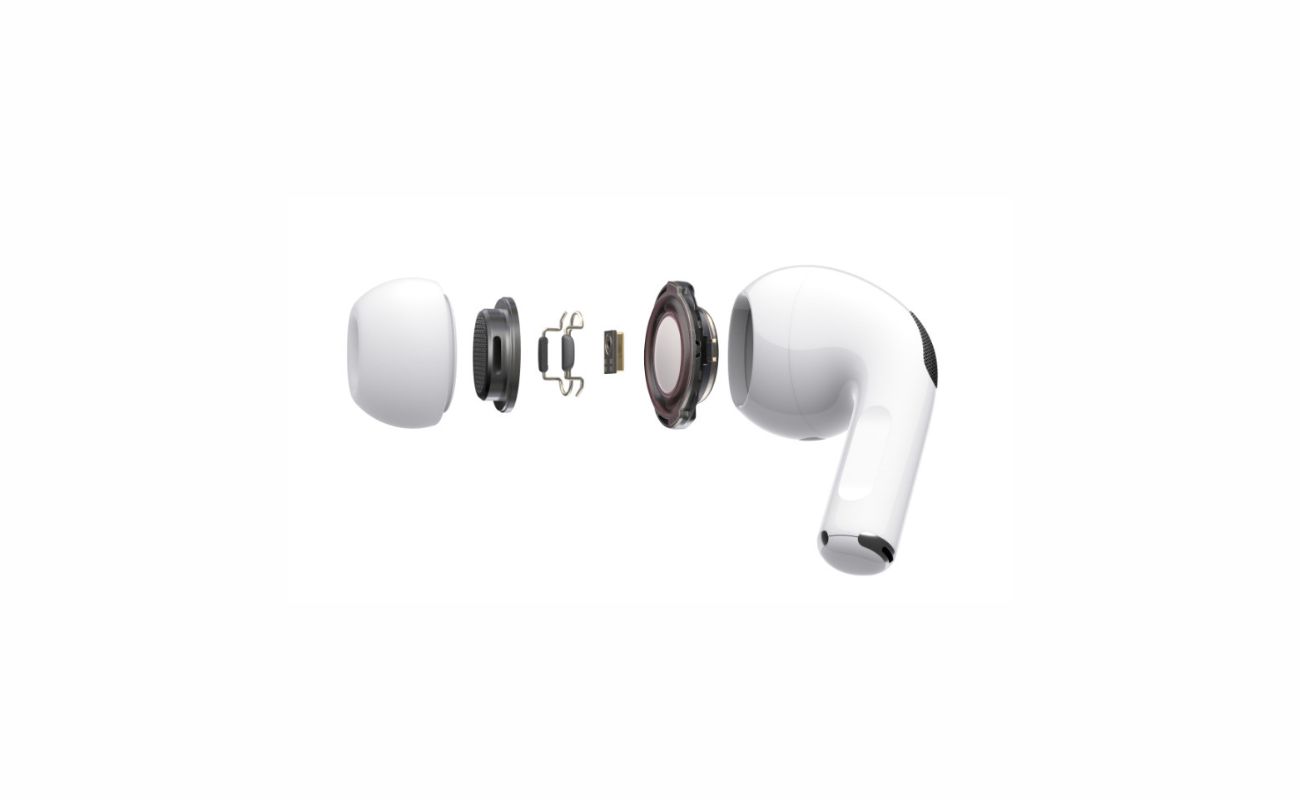
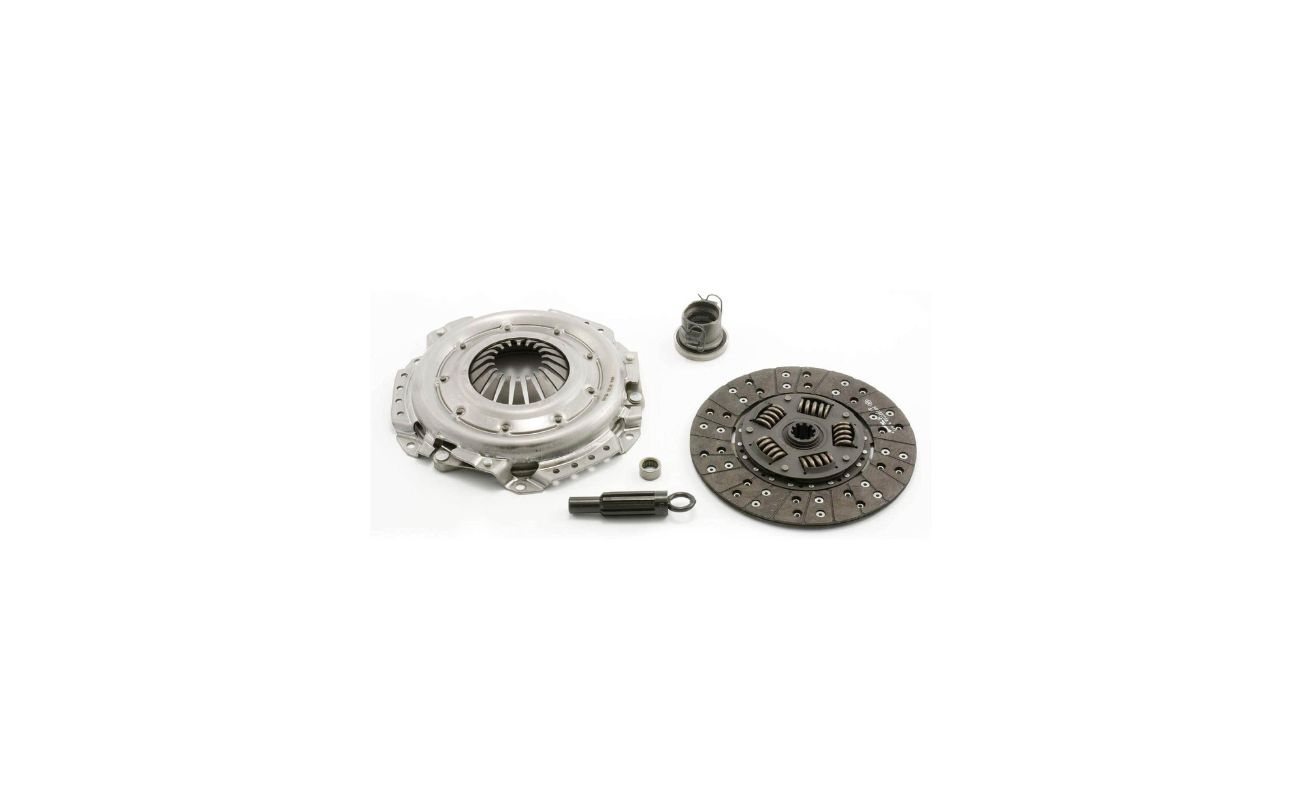

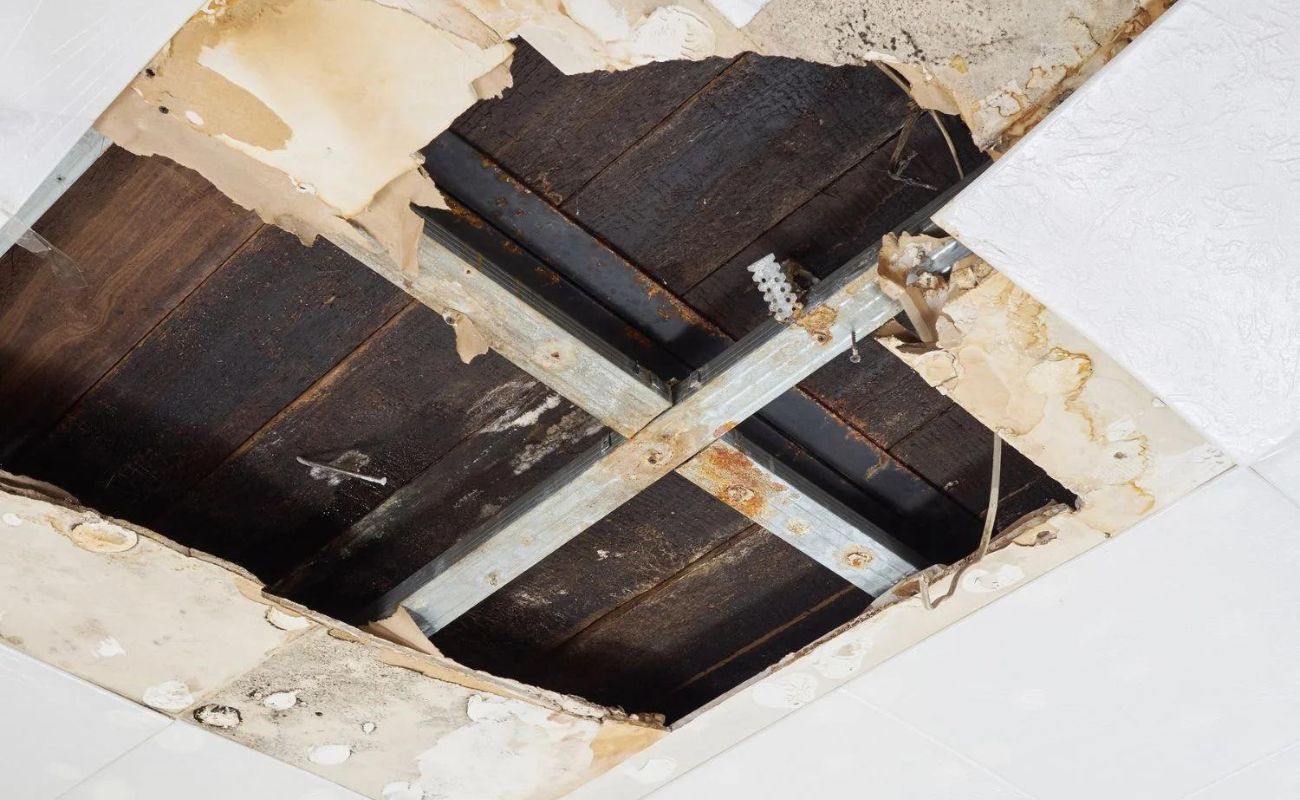
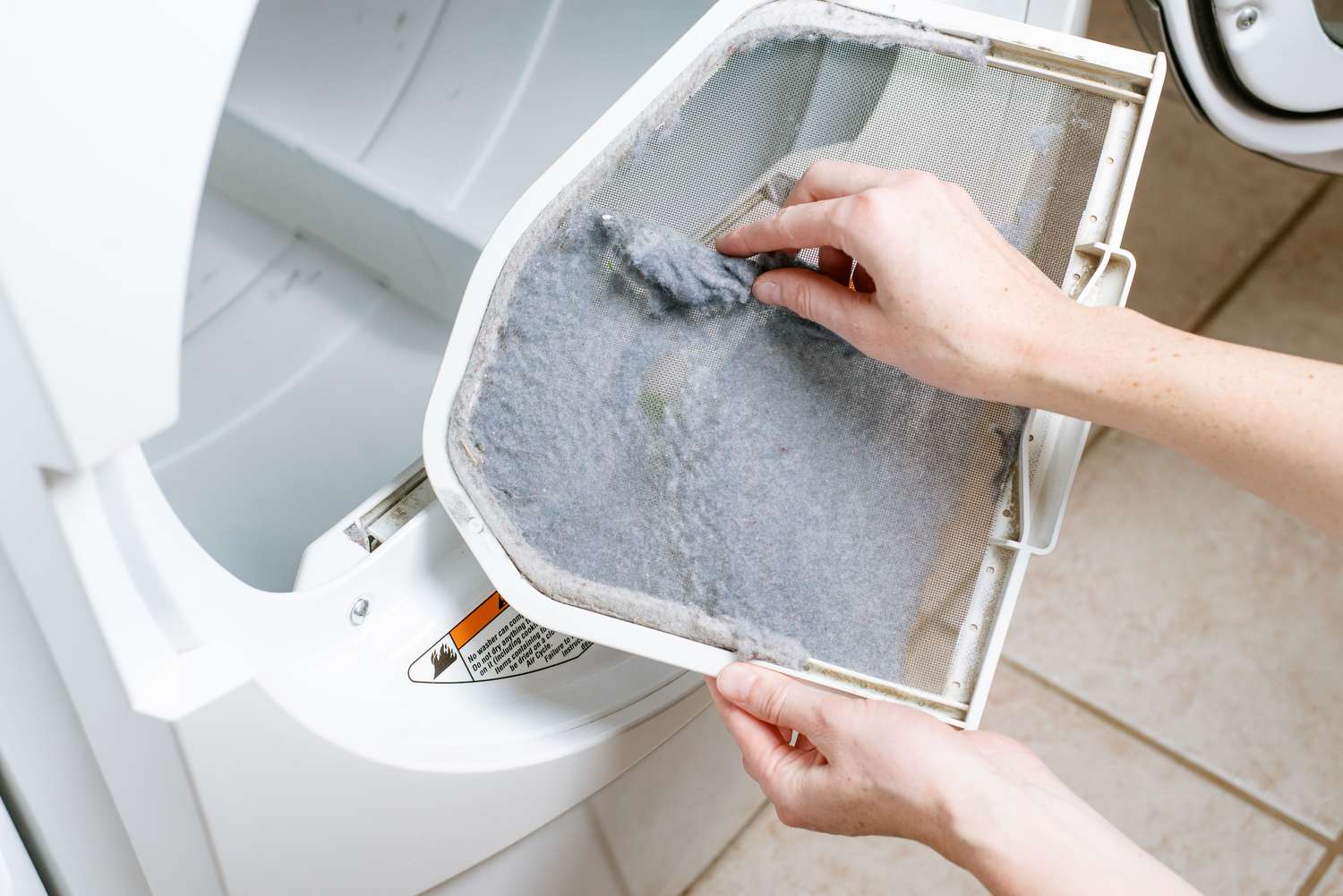

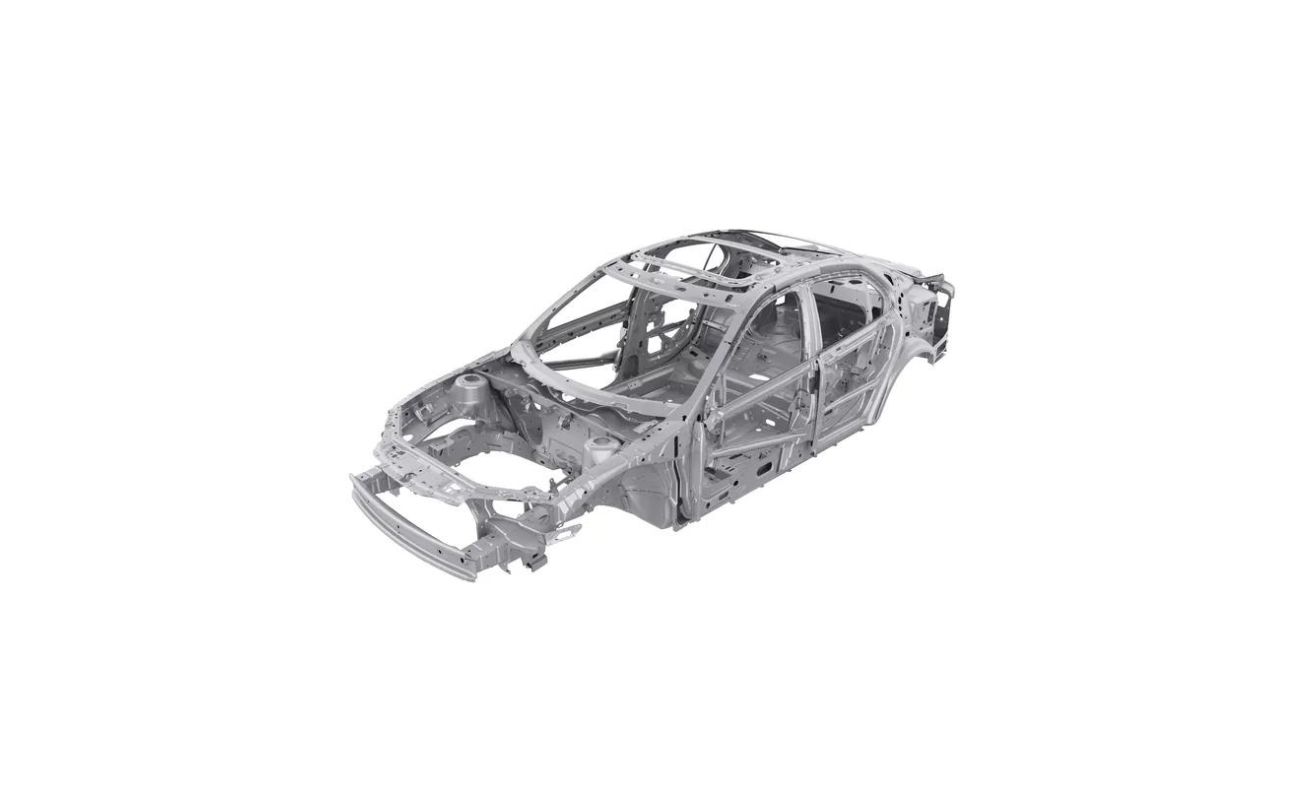
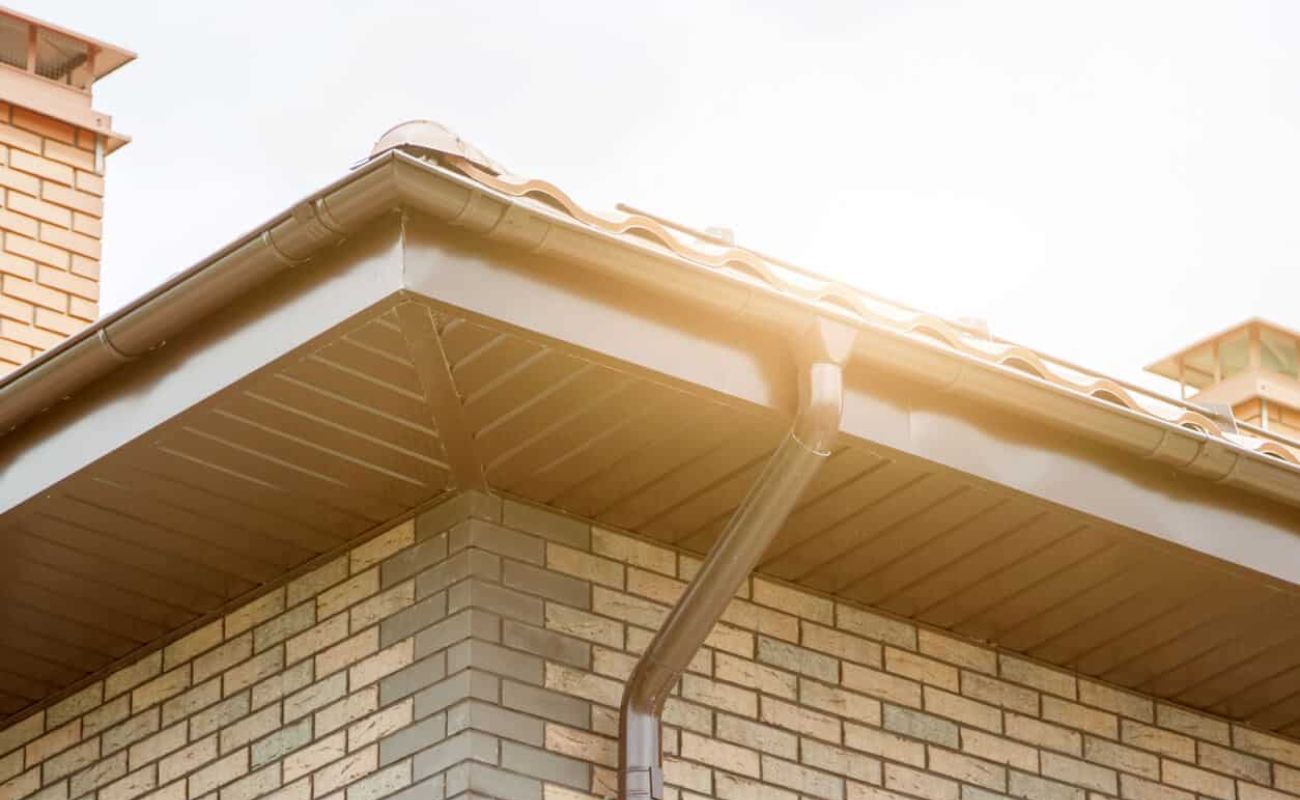

0 thoughts on “How Much Does A Home Inspection Cost In Virginia”